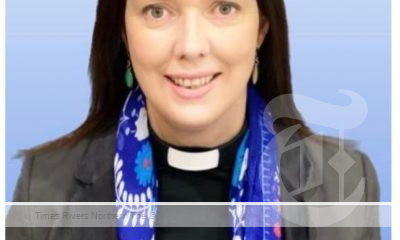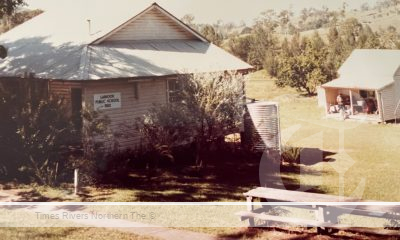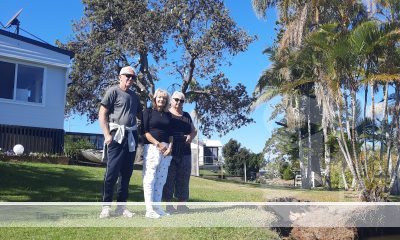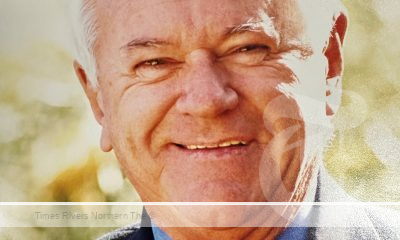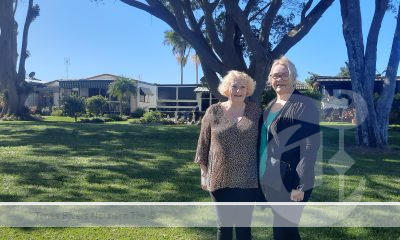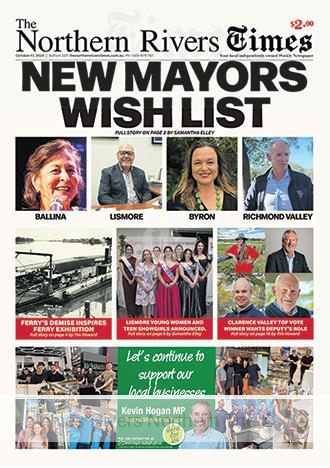RACGP: Drug-induced death rates a wake-up call for Australia’s leaders
Royal Australian College of GPs
The Royal Australian College of General Practitioners (RACGP) has today called on the nation’s leaders to end the pointless “war on drugs” and act to save lives.
It comes following a new report from the National Drug and Alcohol Research Centre which found that there were 1,788 drug-induced deaths Australia-wide in 2021, which is the equivalent of five drug-induced deaths every day. Natural and semi-synthetic pharmaceutical opioids including morphine and oxycodone are the primary opioids involved in overdose deaths, followed by heroin.
RACGP President Dr Nicole Higgins called for action.
“If this isn’t a wake-up call, I don’t know what is,” she said.
“We have made in-roads in Australia, including recent announcements such as the Queensland Government expanding police drug diversion programs for people carrying small amounts of illicit drugs. However, as the RACGP has noted recently – we have a long way to go. New South Wales doesn’t even offer police the discretion to send a person to a diversion program, only the ACT and the Queensland have given the green light to pill testing, and the entire country has just two medically supervised injecting facilities. There are also limitations affecting people across Australia including access to ready and affordable drug and alcohol treatment, particularly for those with opioid dependence. That must change if we want to reverse current trends and save lives at risk.
“The ‘war on drugs’ mindset has got us nowhere and its high time for change. As a nation, we gain precisely nothing from throwing the book at people, treating alcohol and other drug use some sort of moral failing, stigmatising people, and putting them in the ‘too-hard basket’. It’s not working, five people are dying on average per day, many of them from opioid drugs. It’s time for governments to act decisively and put in place the measures that have been proven to work in Australia and overseas.”
RACGP Alcohol and Other Drugs spokesperson Dr Hester Wilson said that there wasn’t a moment to lose.
“Governments across Australia must ramp up their efforts and save lives,” she said.
“There are signs of progress, which can help build momentum in Australia. It’s positive news that Health and Aged Care Minister Mark Butler announced on Friday that the Government would invest in increased access to opioid dependency therapy through pharmacies. It’s critical that we significantly scale up access to these treatments because opioid dependence treatment programs, including pharmacotherapy services like methadone or buprenorphine, can make all the difference.
“More must be done to ensure that people can access the treatment they need in communities across Australia, including rural areas, so that no one should be left behind. A key factor reported on recently, is cost, with medications on the opioid treatment program requiring patients to pay a private pharmacy dispensing fee of between $5 to $15 a day. Many people with opioid dependence simply can’t afford this and so they go without. Let’s remedy that right away, because every life matters. People with opioid dependency need help to get their lives on track and removing all roadblocks stopping them from getting the treatment that could save their lives must happen without delay.
“Diversion programs make an enormous difference; however, instead of one ‘strike’ or ‘three strikes’ or whatever number you settle on, we should instead simply aim for a health-first approach for personal consumption of illicit drugs. People who are using drugs often have tremendous difficultly quitting so we should not put an arbitrary limit on the number of times they can be diverted from the criminal justice system. We don’t do the same for people quitting cigarettes, and really, it’s no different – quitting a harmful and addictive substance takes time.
“It’s also vital that we boost access to naloxone, a drug that can temporarily reverse an opioid overdose. More must be done to get this drug into the hands of people who need it most – including people at risk of overdose and their loved ones.
“Not enough people know about this incredible, life-saving drug, including the fact that an intranasal spray version is now available meaning you don’t have to inject it. It’s vital to spread the message that naloxone is now free under the Take Home Naloxone program at locations including pharmacies, treatment centres, needle and syringe programs and custodial release programs and you don’t need a prescription. Let’s boost awareness amongst GPs, other healthcare workers including nurses, people who use opioid drugs, people who know people who use these drugs, and the broader community – everyone needs to know about the benefits of naloxone.
“As I have said many times before – people who have a problematic relationship with alcohol and other drugs, including opioids like oxycodone, need help, support and compassion. Throwing them into gaol or judging them or pushing them to the margins of society doesn’t achieve anything and, in my view, diminishes us as a nation. Every person’s life matters, it’s as simple as that.”





 Tweed Shire News2 years ago
Tweed Shire News2 years ago
 Motoring News2 years ago
Motoring News2 years ago
 COVID-19 Northern Rivers News3 years ago
COVID-19 Northern Rivers News3 years ago
 COVID-19 Northern Rivers News3 years ago
COVID-19 Northern Rivers News3 years ago
 Northern Rivers Local News3 years ago
Northern Rivers Local News3 years ago
 Health News3 years ago
Health News3 years ago
 COVID-19 Northern Rivers News3 years ago
COVID-19 Northern Rivers News3 years ago
 NSW Breaking News3 years ago
NSW Breaking News3 years ago






